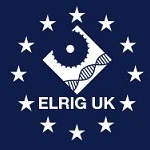
Wednesday, 29 March 2023 to Thursday, 30 March 2023

|
Wed29 Mar04:35pm(30 mins)
|
Where:
The Rosalind Franklin Room
Speaker:
|